A Guide to Make a Business Plan That Really Works

Before starting a business, creating a business plan is the most basic task you would want to do. The business plans show a future picture of the company. A business plan is a written document formally created to display information about a business. It is also called a formal statement of the business goals. The general elements found in most business plans include business objectives, marketing, sales, and financial projections.
What is a Business Plan?
Businesses need to plan their direction and business goals thoroughly. To do this properly, a business plan is required as it acts as a guide for the businesses to set a clear objective and direction. It consists of numerous methods and strategies essential for business growth. Another thing, a business plan helps small and large-scale businesses in their planning phase. A business plan is a formal document also used to pitch to potential investors, vendors, and for loan applications. In addition, business plan creation is easier as you can find several samples available to download that can be used as a reference.
It is essential to understand business planning to make a productive plan. If you want to make a business plan, a project plan, a financial plan, or any other kind of plan then you can download the business plan template.
In this article, you can find the importance and some elements of a business plan. Also, you will learn tips on how to write an effective business plan.
Importance of Business Plan
Operating a business is difficult if you are a big organization or company. There are different kinds of business plans as per the nature of the business. The following points show why a business plan is essential to have.
- A business plan outlines the business objectives and goals along with crucial actions required to achieve those goals.
- Since businesses keep launching new offerings or projects, a business plan plays a key role in brainstorming and planning new products or services for different markets.
- A business plan helps track the progress of different projects of the business and suggests improvements.
- Lets you understand your target markets, your competitors, and their products and services. A plan also helps you improve your offerings to capture more customers or clients.
- Makes it easier to manage your finance and cash flow to ensure the smooth operation of the business.
Creating a business plan that works
An effective and nicely formatted business plan brings several benefits. Before you start to make a business plan, you are required to understand the essential steps to develop your business plan.
- Prepare all data and information needed before starting a business plan.
- Know your business, its nature, operations, finances, markets, industry, and offerings.
- Know the purpose of developing a business plan.
- Know your target market for whom you are creating a business plan so that you can better tune your business plan as per your audience.
- Once you have all the required information in hand, you can start writing a business plan.
- First, make a complete outline of the plan.
- Draft an executive summary of the plan, which entails an overview of the business, its objectives, offerings, and relevant information.
- Now, create a short business overview statement including your business background, mission, vision, and direction or objective of the business.
- Next, create a detailed list of your products and services with the benefits and features of each. Also, mention how your offerings are better than your competitors.
- Include a marketing strategy consisting of methods your business will use to market the products or services. Also, mention the target market, your competitors, and the unique selling purpose of your offerings.
- Add your financial plan and detail of income statements, cash flows, and balance sheets.
Tips to Make the Best Business Plan
- Before making a business plan, always research the competitors to understand their strengths and weaknesses and improve your offerings.
- Know your audience to make the document suitable for them.
- Attach supporting documents and statements based on facts, especially for the finance summary section.
- Mention the goals as per the SMART Goals concept. Know your resources in hand while writing a business plan.
- Keep the perspective of your target market in mind while making a business plan and include elements that are of interest to your target market.
- Make sure your management team is professional to have high team competency.
- Always make a draft first, and then proofread it several times to ensure it is free of mistakes and errors.
- Avoid lengthy text because readers usually prefer short documents.
- Format the business plan in an organized way.
- Take the help of a well-crafted or well-formatted business plan template to make the process easier.
The Essential Elements to be included in Business Plan
While the elements in a business plan depend on the nature of the business and industry, more or less. The following things are vital to consider for all the plans.
- Executive Summary
It contains a summary of the entire business plan. - Business Description
This section defines your offerings, a description of your company, goals, and the status of the business. - Products & Services
Here you list down the products and services your business offers. It is important to make readers know how your offerings are superior to those offered by your competitors. - Sales & Marketing
This section includes information about your business’s sales and marketing methods. Here, you can add your branding, marketing, and advertising plans along with the media options like TV ads, newspapers, social media, or radio ads. - Operations
It defines the day-to-day operations of your business, including information about your business location, the machinery you use, suppliers, overhead expenses, and company policies. - Management Team
Here you mention the founders and management of the business, along with organization structure and designations of management people. - Development
It defines your company vision, company growth, and future expectations. - Financial Summary
It is one of the most essential sections containing information about your company's investments, financial status, assets, and financial statements.
You May Also Like
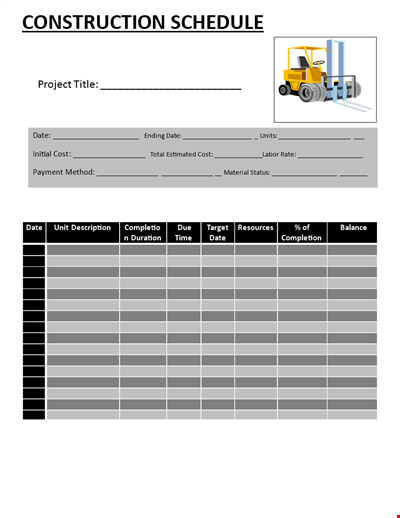
Construction Project Work Schedule Template
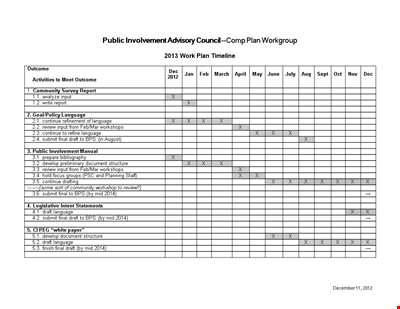
Example of Project Scope - A Language for Finalizing Project Scope
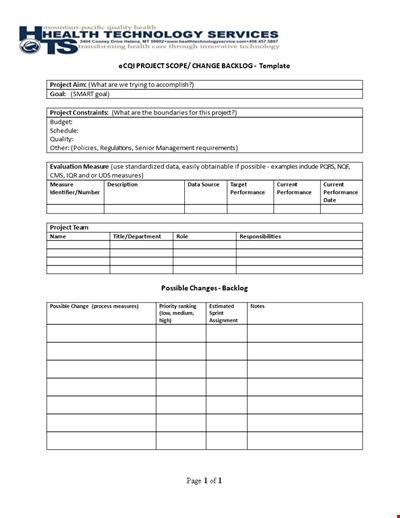
Project Scope Example | Change, Performance, Possible Backlog
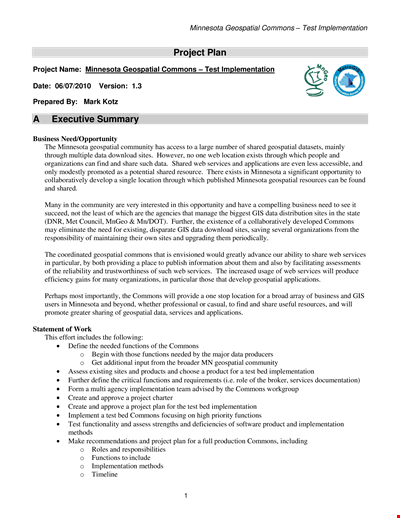
Common Project Plan Template
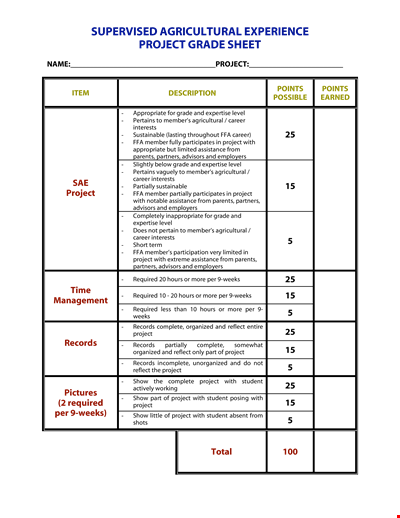
Project Grade and Agricultural Records - Manage Project, Members, and Grades

Monthly Project Status - Green Project

Project Operating Budget Template
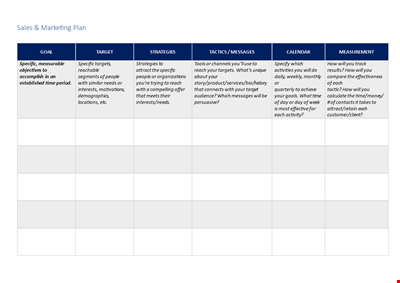
Sales And Marketing Plan